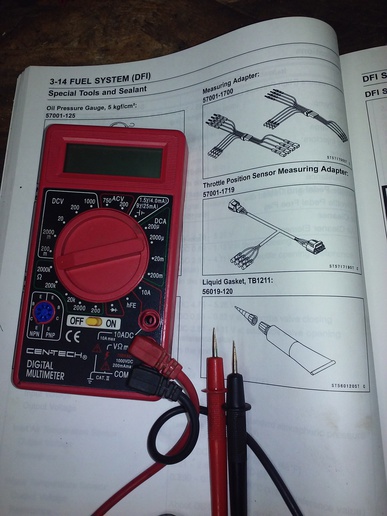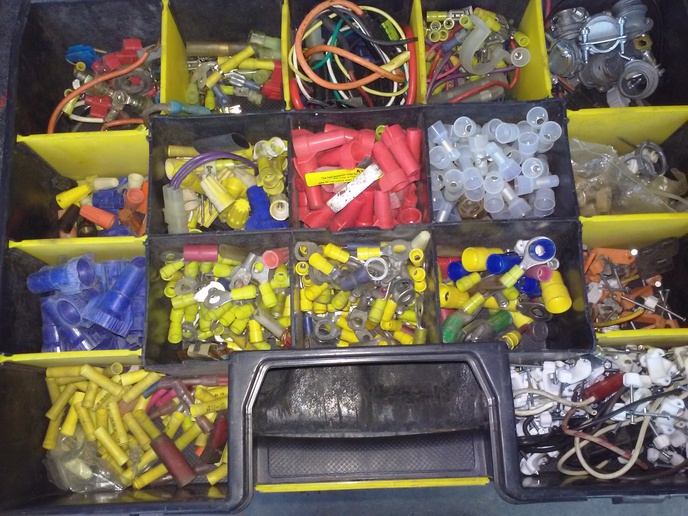Geo-TH,In
Well-known Member
Went to buy the adapter to test the throttle position sensor. Honda wanted $104 for the 6 ft of wire, two ends and 4 test points. It's the middle pic to the right of meter. I told Honda you've got to be kidding, $104. Does it comes with Vaseline with Teflon so it doesn't hurt so bad?
Then I asked them if they heard of acupuncture? I went home, put needle points on volt meter leads and poked through the insulation to make measurements. It worked great, couldn't even see where I poked the wire.
BTW, all is good and no computer codes showed up. Glad I didn't throw away $104.
Honda prices $175 for an oil change, $200 to check valves, now $104 for wire. Do people actually pay these prices?

Then I asked them if they heard of acupuncture? I went home, put needle points on volt meter leads and poked through the insulation to make measurements. It worked great, couldn't even see where I poked the wire.
BTW, all is good and no computer codes showed up. Glad I didn't throw away $104.
Honda prices $175 for an oil change, $200 to check valves, now $104 for wire. Do people actually pay these prices?



